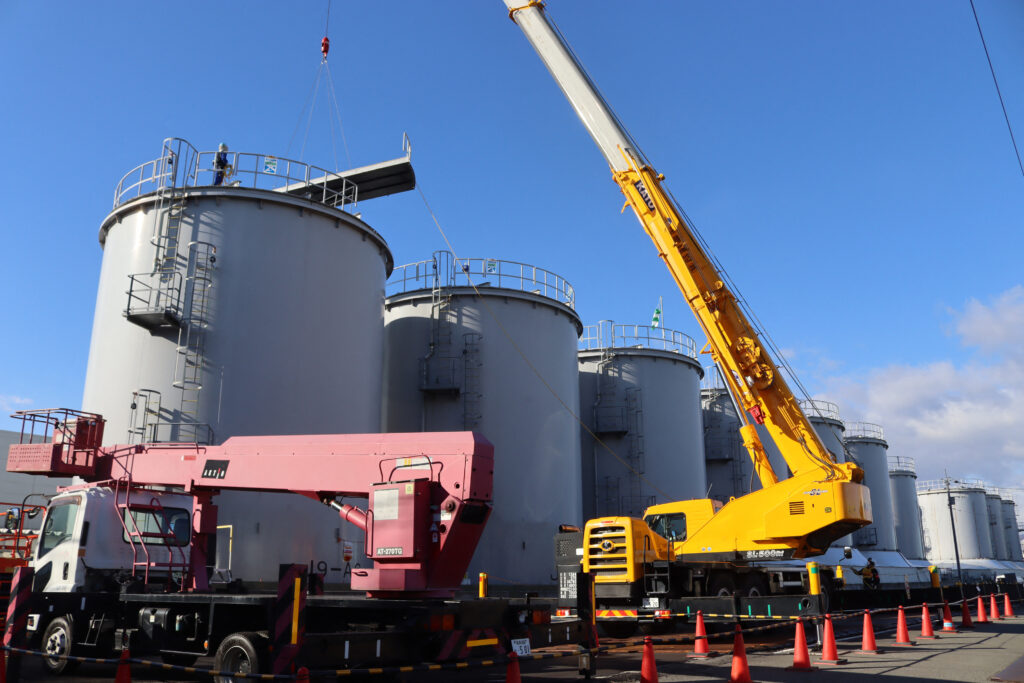
- ARAB NEWS
- 25 Aug 2025

TOKYO: A task force consisting of officials from the International Atomic Energy Agency and other experts will visit Japan from May 26 to 30 to review the discharge of ALPS treated water from TEPCO’s Fukushima Daiichi Nuclear Power Station, Japan’s Foreign Ministry has announced.
Water treated by the Advanced Liquid Processing System (ALPS) is water that contained radioactive substances from inside the buildings of TEPCO’s Fukushima plant, which was destroyed following the massive earthquake and tsunami off northern Japan in 2011.
The water is purified and treated through multiple treatment facilities until the concentrations of all radioactive substances besides tritium satisfy the safety regulatory standards. As for tritium, the water is significantly diluted with seawater before the discharge into the sea so that it fully satisfies safety standards.
Japan has been trying desperately to convince the world – especially China and South Korea – that the process is safe and seafood from the area is not harmful.
Both China and South Korea have boycotted food from the area, while Japanese and other nationalities continue to eat food from Fukushima. China and South Korea have been accused of using the problem as a political tool to attack Japan.
The Japanese government provides updates to the public and publishes the results of tests. It says it wants to foster better understanding both domestically and internationally regarding the handling of ALPS treated water.
The IAEA Task Force includes 11 international experts, serving in an independent capacity from Argentina, Australia, Canada, China, France, South Korea, the Marshall Islands, Russia, the United Kingdom, the United States, and Vietnam.